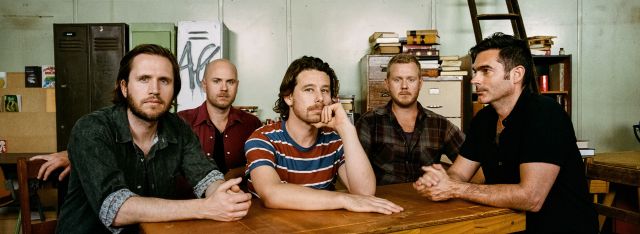“There’s an art to it, I promise!” In the main room of Golden Retriever Studios in Marrickville, producer Simon Berckelman – AKA Berkfinger – is hoisting up the stand for what’s known as a halo microphone. Surrounding him are the members of Boy & Bear, here to track some acoustic versions of songs from their long-awaited fourth album Suck on Light, which is now…

The festival landscape has undergone major upheaval in the last three years, and Covid’s long-term impact on the music industry…










